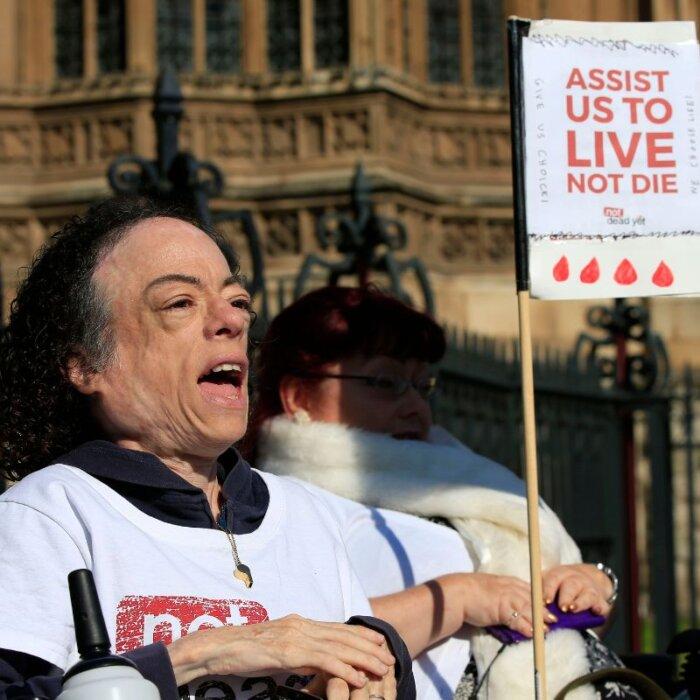The Welsh Parliament has voted to reject a motion in support of assisted suicide, which would have also endorsed a change in the law at Westminster.
Major figures within the Labour-led Welsh Government voted against it, notably First Minister Eluned Morgan and Secretary for Health and Social Care Jeremy Miles, who said if Westminster passed any laws allowing assisted suicide, it would have “huge ramifications” for Wales.
The Senedd cannot change the law itself, with that power resting with central government. But the vote demonstrates a symbolic rejection of legalising assisted suicide, in the context of two Private Members’ Bills set to be debated next month—one introduced by Labour MP Kim Leadbeater—which would cover England and Wales.
Right to Life UK called the vote a “major upset and setback for the assisted suicide lobby.”
Catherine Robinson, Right to Life UK spokeswoman, said in a statement, “Assisted suicide campaigners appear to have brought forward the motion with the expectation that they would have the numbers to win the vote and claim support from the Welsh Parliament for Kim Leadbeater’s assisted suicide Bill.”
Slippery Slope
Strong opposition was voiced during the debate ahead of the vote, with members of the Senedd (MS) warning that changing legislation to allow for assisted suicide for terminally ill adults would lead to further liberalisation of the law.Delyth Jewell, Plaid Cymru MS for South Wales East, said she feared the safeguards being proposed in the Westminster bills will not be enough.
Jewell said: “Every precedent we see internationally shows that no safeguard is sacrosanct; the experiences of Canada, the Netherlands, Belgium, and some states in the U.S. show what can so easily, so inevitably, happen.
“Laws are first introduced for people who are terminally ill, as is being proposed in Westminster, and bit by bit, the safeguards have been eroded so that now people with depression, with anorexia, and many other non-terminal disorders can qualify—disorders from which people can recover, lives that will have been ended that might have got better.”
Darren Millar, Conservative MS for Clwyd West, said legalising assisted suicide would “send a clear message that some lives are not worth living.”
‘Threat to Vulnerable People’
Leadbeater introduced her Private Members’ Bill to the House of Commons on Oct. 16 and it is expected to be debated on Nov. 29. Lord Charles Falconer brought forward a similar Private Members’ Bill in the Lords last month, and it is also expected to be debated in the Upper House in November.Archbishop of Canterbury Justin Welby warned such laws may be abused, particularly against elderly people. He added that “the right to end your life could all too easily—and accidentally—turn into a duty to do so.”
Right to Life UK has said that assisted suicide represents a “threat to vulnerable people,” particularly with the NHS being overstretched.
Robinson said: “With an NHS described by the sitting Health Secretary as ‘broken’, and the 100,000 people who need palliative care each year dying without receiving it, this assisted suicide legislation is a disaster in waiting.
“The UK must prioritise properly funded, high-quality palliative care for those at the end of their life, not assisted suicide.”







